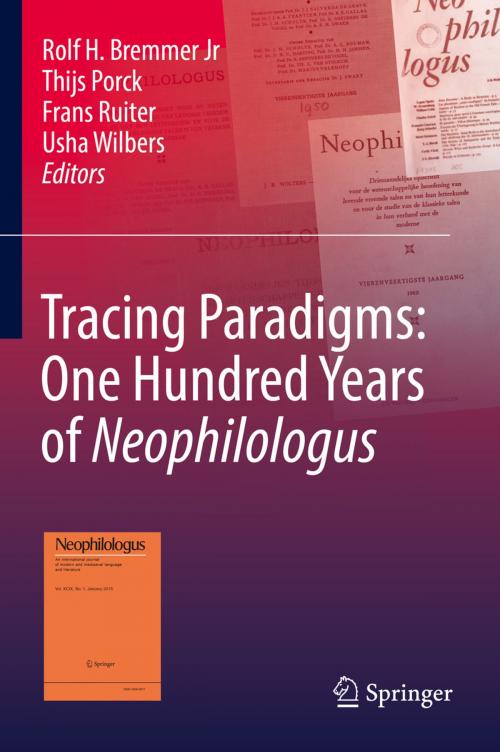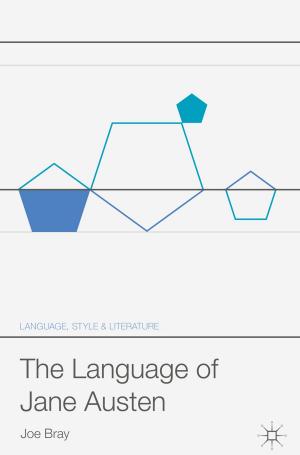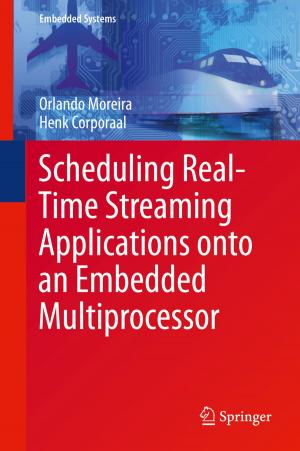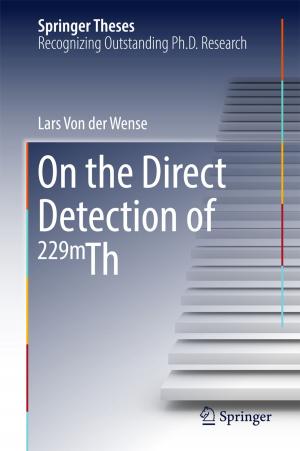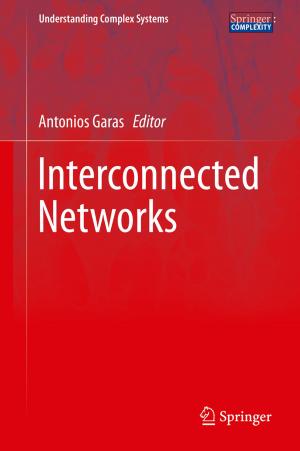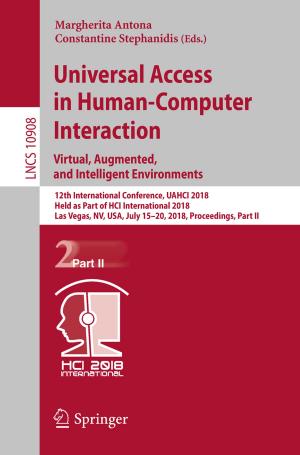Tracing Paradigms: One Hundred Years of Neophilologus
Fiction & Literature, Literary Theory & Criticism, Reference, Nonfiction, Reference & Language, Language Arts| Author: | ISBN: | 9783319335858 | |
| Publisher: | Springer International Publishing | Publication: | September 27, 2016 |
| Imprint: | Springer | Language: | English |
| Author: | |
| ISBN: | 9783319335858 |
| Publisher: | Springer International Publishing |
| Publication: | September 27, 2016 |
| Imprint: | Springer |
| Language: | English |
This volume brings together a selection of pivotal articles published in the hundred years since the launch of the journal Neophilologus. Each article is accompanied by an up-to-date commentary written by former and current editors of the journal. The commentaries position the articles within the history of the journal in particular and within the field of Modern Language Studies in general. As such, this book not only outlines the history of a scholarly journal, but also the history of an entire field.
Over the course of its first one hundred years, 1916 to 2016, Neophilologus: An International Journal of Modern and Mediaeval Language and Literature has developed from a modest quarterly set up by a group of young and ambitious Dutch professors as a platform for their own publications to one of the leading international journals in Modern Language Studies. Although Neophilologus has remained broad in scope, multilingual and multidisciplinary, it has witnessed dramatic changes in its long-standing history: paradigm shifts, the rise and fall of literary theories, methods and sub-disciplines, as has the field of Modern Language Studies itself.
This volume brings together a selection of pivotal articles published in the hundred years since the launch of the journal Neophilologus. Each article is accompanied by an up-to-date commentary written by former and current editors of the journal. The commentaries position the articles within the history of the journal in particular and within the field of Modern Language Studies in general. As such, this book not only outlines the history of a scholarly journal, but also the history of an entire field.
Over the course of its first one hundred years, 1916 to 2016, Neophilologus: An International Journal of Modern and Mediaeval Language and Literature has developed from a modest quarterly set up by a group of young and ambitious Dutch professors as a platform for their own publications to one of the leading international journals in Modern Language Studies. Although Neophilologus has remained broad in scope, multilingual and multidisciplinary, it has witnessed dramatic changes in its long-standing history: paradigm shifts, the rise and fall of literary theories, methods and sub-disciplines, as has the field of Modern Language Studies itself.
